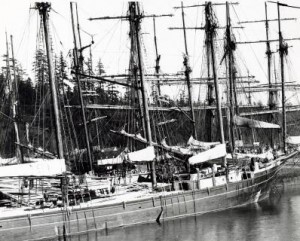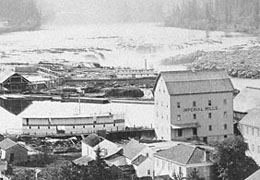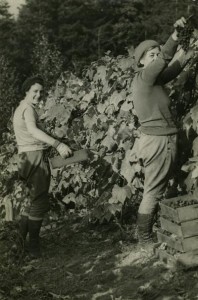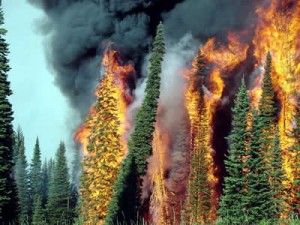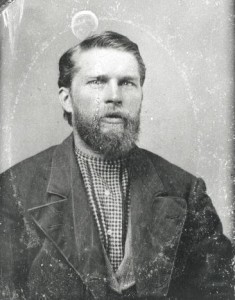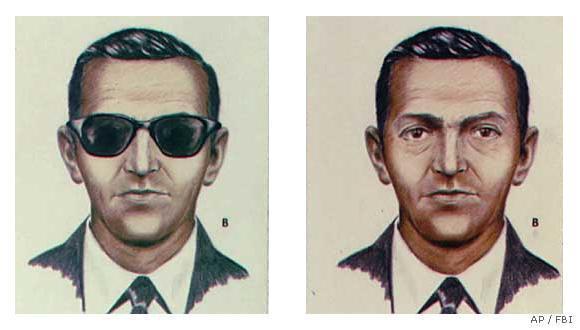 The Garden That You Are. By Kate Gordon. Winlaw, B.C. : Sono Nis Press, c2007. 192 p.
The Garden That You Are. By Kate Gordon. Winlaw, B.C. : Sono Nis Press, c2007. 192 p.
Recommendation by:
Rand Simmons, Acting Washington State Librarian, Tumwater, WA.
This is a lovely book. Perhaps I feel that because I am a gardener. I just spent an hour (or was it more) drifting through this book. Take the photos in first before you read the text. Gardeners love to talk about gardening – to anyone – but nothing is richer than gardeners talking to gardeners.
In The Garden That You Are, Kate Gordon opens a portal to the lives of eight gardeners in British Columbia’s Slocan Valley. Here we meet Edda West, Steven Mounteer, Victoria Carleton, Rabi’a, Brenda Elder, Gail Elder, Eliza Gooderham and Pete Slevin. They tell us about their gardens and their lives and how they are intertwined. We learn about “their favorite friends” calendula, cherries, kale, potatoes, hyacinths and more and about herbal medicinal and more. The photographs are engaging. I urge you to read this book. Go down the rabbit hole.
ISBN: 1-55039-160-7






